In today’s episode it’s time to go a little deeper into the call to sainthood that’s placed upon the life of every Catholic teacher. It’s always easy to assume that this is only for the superhuman holy types but the truth is that every single Catholic teacher has the invitation to grow in holiness and become all that God created them to be. We talk about art, music, and the daily challenges of your classroom and how those same challenges are going to make you become your truest self. You can find the article I based this episode on here
Author
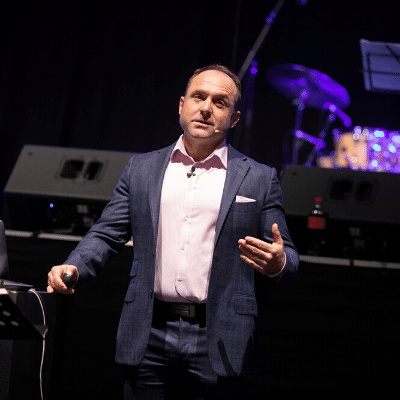
Jonathan Doyle
Jonathan Doyle is an international speaker, author, businessman and executive coach who has spoken around the world to more than 400,000 people on topics related to personal development, peak performance, leadership, Catholic school evangelisation, relationships and much more.
His recent keynote addresses include the NCEA National Convention in St. Louis Missouri to 10,000 delegates and he is a frequent keynote speaker in the US, Asia and Europe.
He is also the founder of an influential education and media business that delivers training content to hundreds of organisations and thousands of individuals around the world on a weekly basis.
Jonathan holds an undergraduate degree in education from the University of Canberra, a Masters Degree in Leadership and Management from the University of Newcastle and has also undertaken post-graduate study in philosophical anthropology.
He is the author of numerous books on relationships and peak performance and each day shares these same ideas with a large global audience via The Daily Podcast with Jonathan Doyle.
Finishing Strong is a loud and clear call for every young person to make the very best of their final years of school. Based on hundreds of seminars around the world to a huge number of students Jonathan Doyle offers powerful, practical advice that can make a major difference.
Each chapter offers inspiring stories, clear principles and actionable steps for identifying and moving forward in study, life, friendships and each key area of life.
Jonathan also includes journal questions and guided reflections at the end of each chapter to maximise learning and ensure the ideas and principles can be made real, personal and achievable.
If you want to help your child or students make the very best of their final years of high school then it;s time to help them finish strong!
10,000 Teachers Have This Book Already!
How can we help teachers avoid burnout, cynicism and exhaustion?
How can the Catholic teacher live their vocation more fully, share the faith with young people and a make a difference in the world?
Over the last two decades, Jonathan Doyle has reached hundreds of thousands of Catholic teachers and leaders around the world with a message of hope and encouragement.
In Tools and Fuels, Jonathan offers a compelling vision of what Catholic schools can be in the 21st century and practical and inspiring strategies about the way each Catholic teacher can play their part in living their vocation, reaching young people and saving the world.
Find out more HERE
TRANSCRIPT
Catholic Daily Podcast Nov 3 2020
Jonathan Doyle: [00:00:00] Well, Hey everybody. Jonathan Doyle with you. Once again, welcome friends to the Catholic teacher daily podcast. Hope you’re doing well as usual. We, uh, what was always, we try not to date these podcasts, but it would be remiss of me not to mention that we are in the thick of the election, the us election. So whenever you’re listening to this, I think most of you will probably hear this.
[00:00:31] After there is a result. Um, it’s just interesting times, isn’t it. I’m not going to make the remotest political comment on anything. It was the fastest way to lose 50% of your audience either way. But, uh, I love the United States. It was such, it’s been such a joy pre COVID to. To visit there. Multiple times each year and we just have so many wonderful memories. So, uh, God bless America. And, uh, and I hope that the Holy Spirit’s going to, uh, you know, bring about.
[00:01:03] Uh, this purposes at the Holy spirit has, can you see a diplomatic on being in this podcast? It’s interesting, isn’t it? How fragmented the world has become and how polarizing this sort of stuff is. You know, often say to people that we are extraordinarily a tribal species, it’s something that we forget. We’ve had, uh, an extremely long period of peace, uh, this period of peace that we’ve had since the end of the second world war is kind of.
[00:01:30] Almost the longest sort of block of uninterrupted piece in a very, very long slab of human history. And if you go back. You’ll find that, uh, so much of human history has been about. The family in the tribe and you can see a sort of tribalism emerging once again. And the reason I mentioned that is because, uh, you know, before.
[00:01:50] Christianity, especially in the middle East, they were, you know, very much. Shame-based honor based cultures, all about family and tribe. And one of the absolute, uh, you know, central things about the genius of Christianity and its ability to. I guess to develop into grow, was that it, uh, it. Gave people, I guess, a new way of seeing what it meant, what it meant to be human, what it meant to belong.
[00:02:17] You know that beautiful scripture where Paul says, you know, there’s no more slave or free. There’s no more man or woman there’s no more Greek or Scythian. There’s just one in Christ. Jesus. I mean, you’ve got to remember. That was a revolutionary idea. That, uh, that we. Would a, I guess, evaluate ourselves and our relationships and our systems.
[00:02:37] By all being sons and daughters of God and all belonging to the one family in Christ. You know, it’s so easy to say that isn’t it. I guess as Catholics was sort of vaguely used to hearing that idea and we have, we give it intellectual theological ascent, but it’s crucial to remember it. And as educators, as Catholic educators,
[00:02:57] I think you’ve got a really unique opportunity. To be sharing with people this, ah, This greater vision of the human family that, uh, That baptism. And discipleship with Jesus is truly what can define us in life. So as our world increasingly polarizes, I think that’s never been more important for. Catholic educators to be helping young people to see a greater and richer vision.
[00:03:25] You know, vision of reality. That’s a. That’s really colorblind that’s I’m nation blind. That’s tribal blind it’s it’s sees the person in relationship to God and each human person being loved and welcomed in relationship by God. So. In these troubled times, friends let’s never lose sight of that. Let’s never lose sight of just how crucial it is.
[00:03:49] To be giving that rich and beautiful vision. Of the human person. Now let’s leave all things political aside. My remaining 50% of listeners. Come with me. I want to talk to you about something that’s been on my mind. A great deal. If you’ve ever heard me speak live, you know, that this forms the kind of basis of the staff seminars that I do.
[00:04:10] And it’s this idea around, uh, the call to become saints. And I think the reason that God put this on my heart many years ago, Is because of my relative, inability to achieve it relative, inability to cheat to, to achieve it. I’m fascinated by this idea of, um, The Victor of the human life. The tele theological aim. If you will.
[00:04:36] Of sainthood in sanctity. And every time I say that to an audience around the world, pre COVID, we used to laugh. People would love this. I still think for so many of us, this idea, That we could be. Science is truly a preposterous. We believe that science of these other people and, you know, lately I’ve been thinking about it. I think it’s to do with getting older. I turn, I’m going to turn 47 in a few weeks. I’m still, I think a very young 47.
[00:05:03] Many regular listeners know that I a I’m a bit of a fitness, uh, Junky, uh, do a huge amount of training. So I’ve kept healthy over the years, but it’s something that was getting a bit older and some listeners will know what I mean, that you. You find yourself in, you know, patterns of sin, patterns of reacting.
[00:05:21] Patterns of things that you want to change and you sort of realize. You know, Am I going to change? Am I going to grow? One of my favorite singers for many years was checking him out. Andrew Peterson. Andrew Peterson writes some very beautiful. Lyrics and, uh, you know, he. I was listening to a favorite song of his, the other day. And I might throw this on the website. I’ll see if I can put the YouTube in there.
[00:05:44] Um, It’s a song of his and, uh, has this line where he says, you know, He says it’s taken me years in the race just to get this far and there’s still no end in sight. And the next line he says, you know, I carried my cross into the dens of the wicked and I blended in just fine. Always loved that line. So I’ll check that on the website. So if you go to one Catholic teacher.com.
[00:06:08] And, uh, Look on the podcast page and find this episode, the ticket, the Andrew Peterson song there that’ll put on there cause it’s really worth checking out. But, uh, I’ve been reflecting on that. You. know, this kind of sense of, you know, these patterns or do you have that, do you have this kind of experience in your life that you might get short tempered? You might have other patterns of seeing who knows you mean I’m not your priest, right? So don’t, don’t, don’t put it in the comments, what you struggled with, but, uh,
[00:06:35] But I’m interested about this idea that, uh, that we could grow in holiness and become sites. So again, if you’ve heard me speak live, you know, that I talked about the levels of vocation. So very quickly there’s three key levels of vocation that we need to understand. First desire. Christian vocation that we all share. Every single one of us has baptized Catholics shares this vocation, and it’s simply the vocation.
[00:06:59] Of being sons and daughters of God that the fundamental Christian vocation before anything else in life is simply that vocation. The second vocation we have in life will be our state of life, which will be for many of us married life or single life. Uh, or religious life rights. That’s the second level of vocation.
[00:07:20] And then of course the third level is the, the work that we do in this world. I’m convinced that for a Catholic educator, we need to very quickly realize. The God has not placed us there by accident. If he has given us the vocation of Catholic education, then. He’s placed us there. To bless others to build his kingdom.
[00:07:41] But to grow in holiness. So I could talk about a few hours, but what I’m trying to get everybody to understand is, you know, and they say this with. With poets and authors and speakers that we often just have one idea and we just spend the rest of our lives. You know, shaping that one idea. It’s the concrete circumstances of our lives.
[00:08:02] Are the ways in which God’s trying to make us Holy. So as you go into that classroom each day, The circumstances of your specific cloth classroom, if you’re a principal, the circumstances of your staff community and all the challenges that you face every day. Other ways in which God is basically. Leading you to holiness.
[00:08:25] So I want to finish up by sharing with you a great article. I’ll put a link in this, uh, hopefully in the show notes and also, uh, in, uh, on the website. Father, George w Rottler. This comes from the circuit blog, and I always recommend it to people. Uh, Catholic education.org is just a fantastic resource for, for Catholics and Catholic educators. There’s a beautiful article. It’s cold.
[00:08:47] Um, the poor paint. And each talking about, uh, it tells a story at the start of a wonderful artist. True story. Who was brilliant, incredibly gifted. I had spent decades and decades and decades of becoming a great master. And this is a true story. Um, they were, they were basically teaching for many, many years at the art students league in New York.
[00:09:11] And this artist said that he never painted autumn scenes. And the reason he never painted autumn scenes was he said that no matter what he did. He said that, uh, That he could never do justice. To the richness of the colors that no matter what he tried. And basically what he realized is that. That it’s almost impossible to outdo nature.
[00:09:38] Ourselves right, is that it’s almost impossible to create something more wonderful. The what’s natural. I know the great artists we love because they approximate that.
[00:09:48] But the article goes on to talk about that this is kind of what is happening in our lives. As we pursue this journey of growing and changing and holiness. We have a certain gift and capacity for growth, but we’re not capable of becoming fully what we could be on our own. You see, that’s not true. We would have done it. Right. Most of us would have realized, Oh, you know, I don’t want to be short tempered. I don’t want to have this scene. I don’t want to have this, you know, short temper this with this student. Or, you know, I don’t want to be like this and we would have changed it, but many of us haven’t.
[00:10:21] So the article goes on to remind us, of course of what’s in Thomas. Aquinas’s that grace. Doesn’t replace our nature builds on it, perfects it, even if a bro, even with our brokenness and limitations. So there’s a great line here where it says saints are not superhuman. Cause that’s the trap. Isn’t it? Most of us think that, well, this is nice, but science, it is different to us, but this is not the case. So far, the restless is he assigns and not super-human. He says sanctity.
[00:10:46] Is simply the state of the virtues lived to an intensity. Beyond an aided human effort.
[00:10:56] So say it to people who live the virtues, prudence, justice, temperance fortitude. And of course the theological virtues too. Beyond the level of unaided human effort.
[00:11:10] So you think of someone like, um, you know, some Paul’s saying in Galatians two 20 says I no longer live, but the Messiah lives in me. And the life that I’m now living in this body, I live by the faithfulness of the son of God who loved me and gave himself for me. So all through the new Testament letters, you have this. And even in the gospels, of course, Jesus talking about, you know, that my father and I will come and dwell with the person who opens themselves to relationship and discipleship with Jesus. And here’s some Paul in Galatians saying it’s not me anymore, but Christ living in me.
[00:11:43] And the, the article says this line here, Paul of S uh, simple Paul of Tarsus was not less who he was, but more than he had been when that change happened. And there’s a fi you. I mean some Paul’s phenomenal. If you ever get a chance to read NT Wright’s book. Uh, called pole it’s one of the great books on some poll.
[00:12:05] And you just, you know, he, he’s an extraordinary human, I mean, with the exception. Of Mary. He’s the most significant Christian that ever lived, the most significant disciple that ever lived. But Paul was lifted way beyond his human capacity. By the indwelling of Christ. So there’s a beautiful line here. Some of you.
[00:12:29] We would be familiar with the famous violin this year, hoody menu. And I grew up hearing his name. So you heard him in UN was one of the greatest violence of all time. And there’s an article in his father, George restless. Yeah, it’s rather like Yahudi menu ones, violin. This is a true story here. For when a lady said that his violin made such a beautiful sound.
[00:12:50] He placed his ear to it. And said that he heard nothing. Divine grace to the human being. Is what human talent is to the instrument of wood and strings. So you, who do you mean you and has this phenomenal? Incredible work of art, this violin, but left to itself. It makes no sound. It’s still beautiful. It’s still great.
[00:13:10] But, you know what a funny thing we need this woman said, it makes such a beautiful sound that he picks it up and listens to it and he can’t hear anything. And he says it doesn’t make a sound, but we’re like that. You know, In that metaphor, we are like the violin and God is your hoody Menuhin, right? Working on the instrument to create something extraordinary.
[00:13:30] So my friends, this is the arc of the Christian life. And this is in, God’s doing it in your life, in the vocation of Catholic teacher. Catholic education. So I just want you to get interested in the question. When you walk in there tomorrow. Look at the concrete circumstances. I use that line a lot, those real moment to moment circumstances where God is shaping who you are.
[00:13:54] You know, they don’t look like it. That’s the thing that I don’t look like it at the time, but that really is what’s happening. That just beautiful way in which she’s presenting us with. All the challenges that come. Through our vocation as Catholic educators. So I hope that’s helpful. I deal with it. I’m not teaching in a classroom at the moment, but I’m a father to young kids and, uh,
[00:14:19] For me. I think we’re, God’s doing it is I train a lot and I get tired. I get physically pretty tired and I work a lot. So I find myself constantly being confronted with, you know, short tempered as now. We don’t act on it most of the time, but I feel it. And it’s like, God’s constantly calling me to patients and virtue and I fail a lot, but that’s the place where it’s happening.
[00:14:42] So allow the circumstances of your life to be the place where you’re being called into sainthood. All right. God bless you, everybody. Please make sure you’ve subscribed. We’re going to try and do more of these. They should be daily. I’m going to try and get back to it. Uh, please make sure you subscribe, share this with people.
[00:14:58] Everything else is on the website. One Catholic teacher.com. Uh, please go to the resources page. Make sure you have checked out the, uh, going deeper resources, free trial there. Three weeks of content. Just go grab it for free on the resources page at one Catholic teacher, my books and other stuff there too.
[00:15:16] Uh, if you’re on a Apple podcast, Spotify, anyway, if you could leave a review, that would be awesome.
[00:15:24] So, let’s see what happens in these next few months, post election. How does, I mean, interesting. Tom’s, let’s keep praying for our leaders all over the world. Challenging times. God bless your friends. Let’s get out there and be science my name’s jonathan doyle this has been the catholic teacher daily podcast and i’m going to have another message for you tomorrow
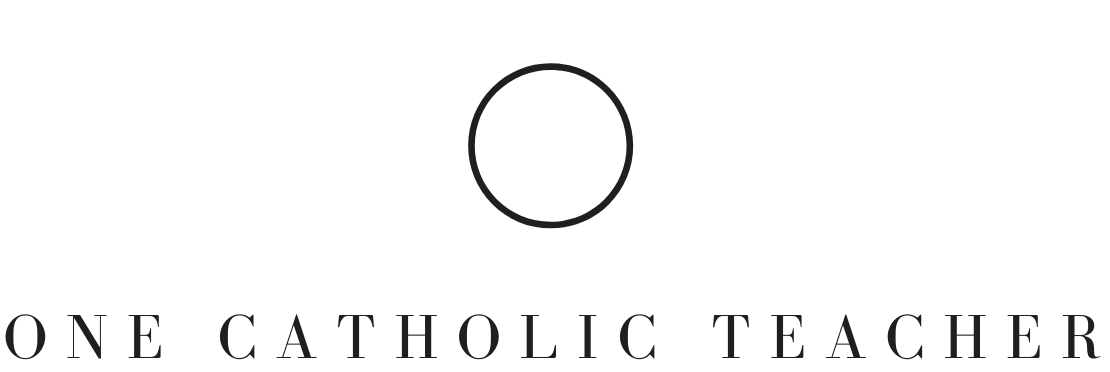
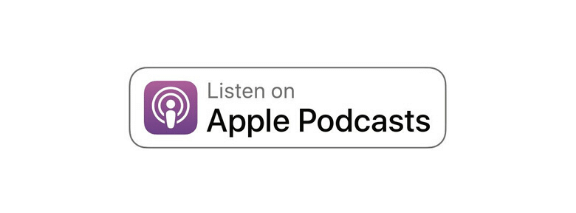


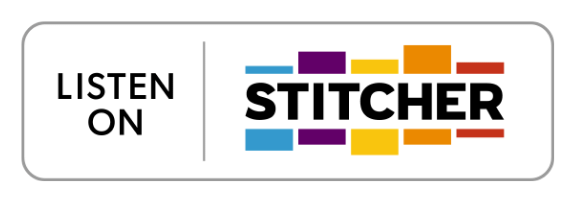
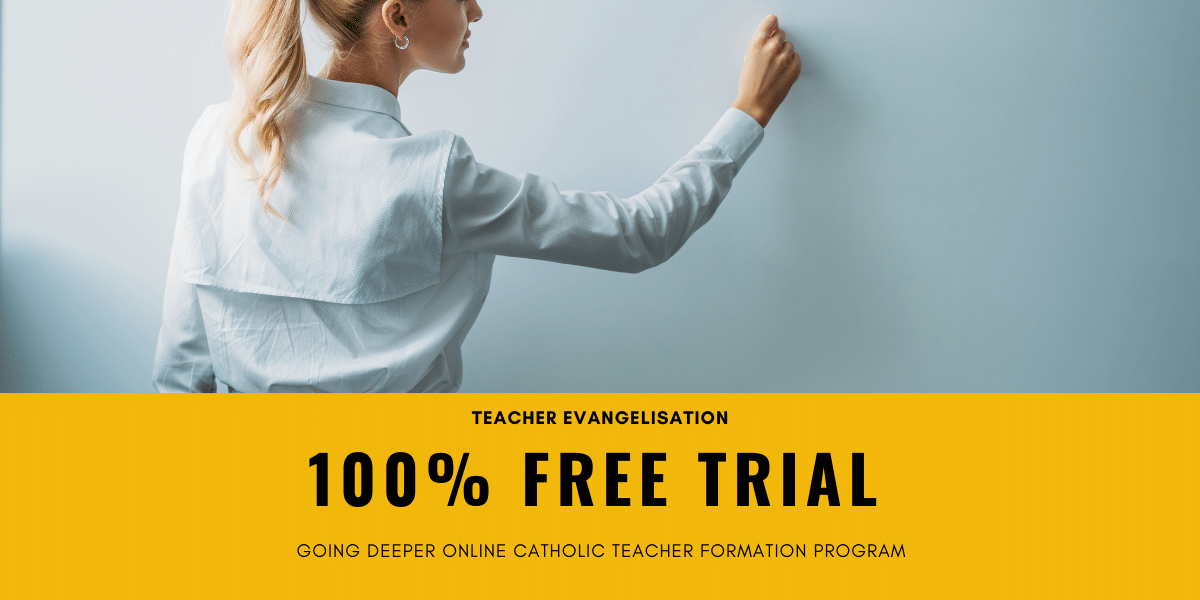
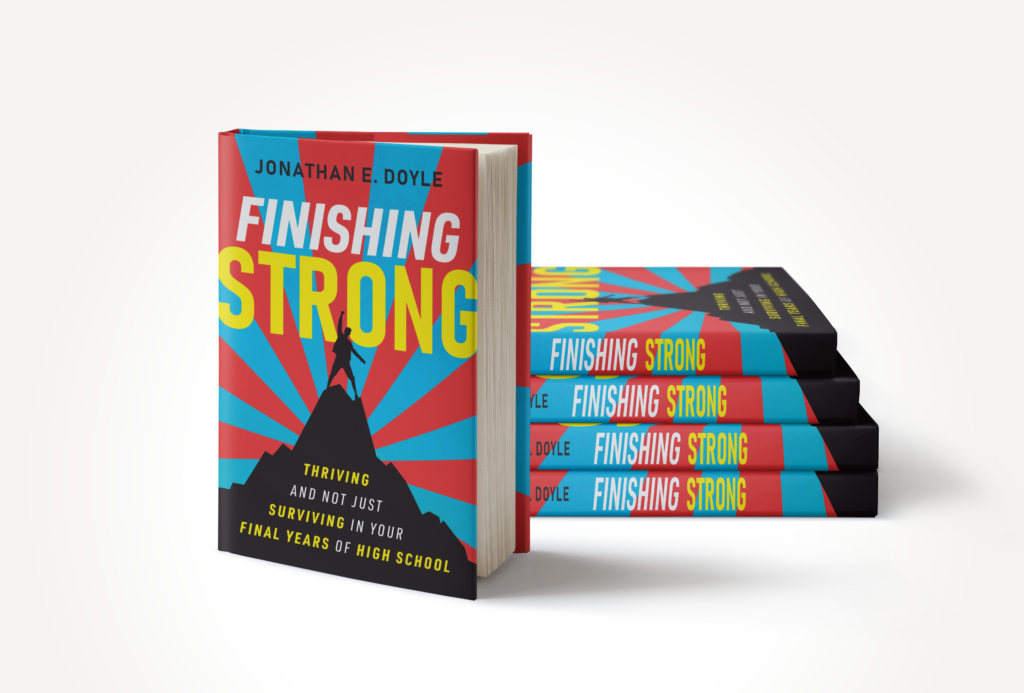
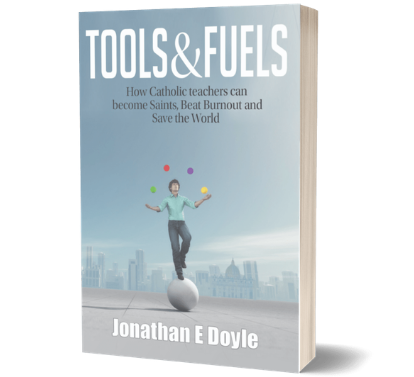




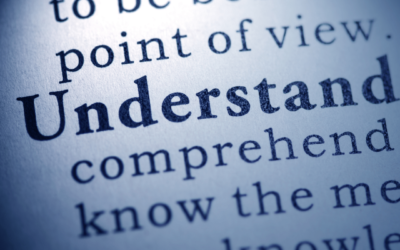

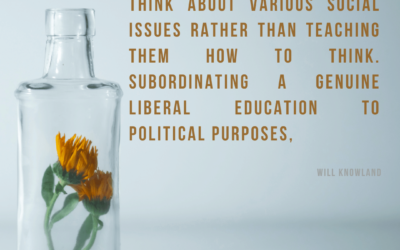
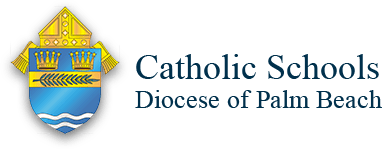

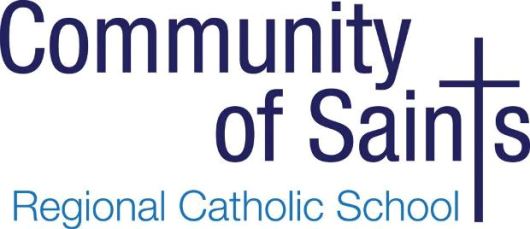

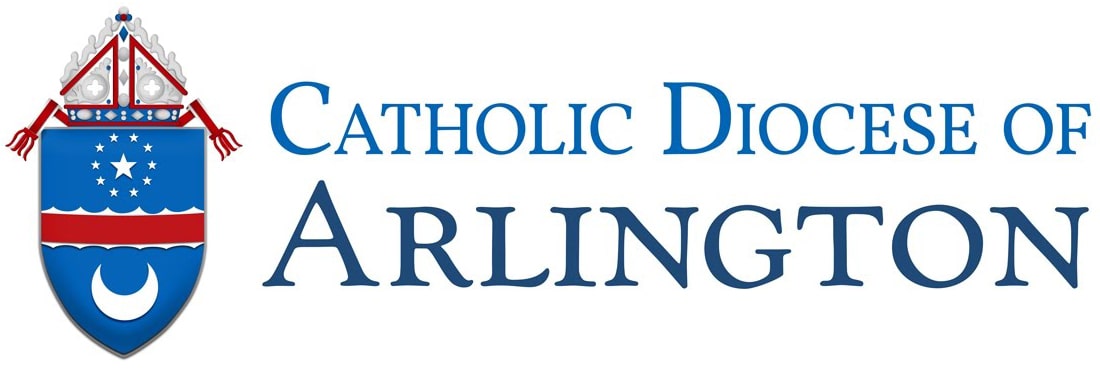
0 Comments